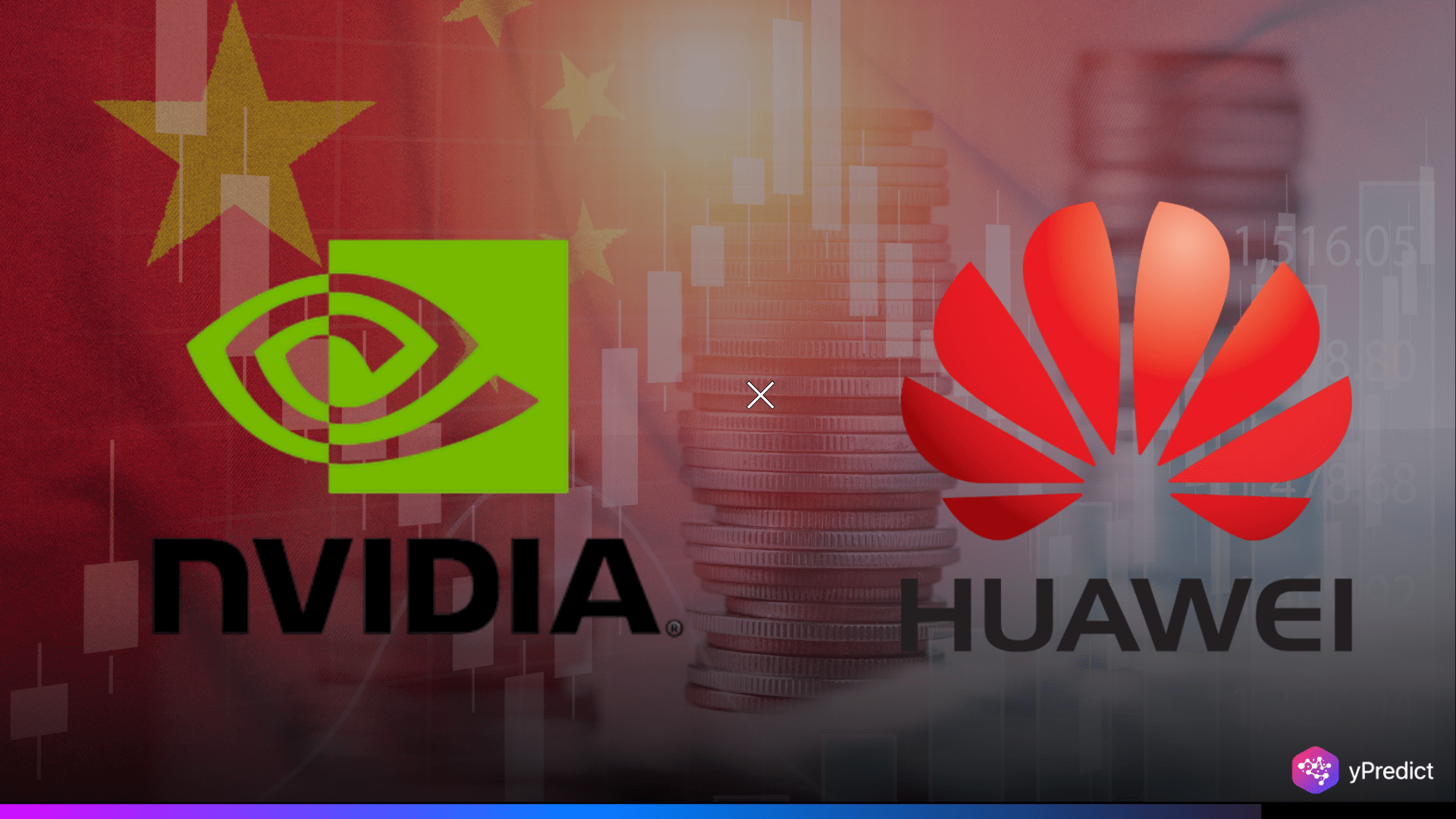
Huawei Technologies will start large-scale sales of its Ascend 910C AI chip in May, as Chinese companies try to find substitutes for Nvidia technology amid tighter US export controls. This move comes at a time when the present US restrictions on Nvidia’s top-end AI chips, such as the H20, have further constrained China’s access to advanced semiconductor technologies. The breakthrough is a major step towards China’s goal of establishing an autonomous AI technology ecosystem.
China’s AI Sector Seeks Self-Reliance
Reuters reports that Huawei Technologies is set to increase mass-scale delivery of its state-of-the-art 910C artificial intelligence processor to clients across China, with large shipments expected to start as early as next month. Sources close to the matter indicate that initial shipments have already been delivered to some customers. As geopolitical tensions change the global semiconductor market, China’s artificial intelligence business faces pressure to minimize its reliance on American technologies. The Ascend 910C, Huawei’s most sophisticated GPU to date, might emerge as a critical indigenous option capable of supporting the country’s AI goals.
According to an April 18 report, Nvidia is likely to lose $5.5 billion after new US export limits prevented shipments of its H20 AI processor to China, a key market. The restrictions are part of the U.S’s efforts to limit China’s access to advanced AI technology. Nvidia had previously modified its processors to fit regulatory constraints, but the stricter rules have had a substantial impact on the company’s business.
In order to restrict China’s technological development, especially in the fields with military applications, the US government has imposed strict export controls on advanced AI hardware. These restrictions involve blocking Nvidia from selling its most sophisticated chips, like the B200, to Chinese firms. The H100 chip was banned from entering the Chinese market in 2022, even before its release.
Due to these constraints, Chinese companies have started to fill the gap. Huawei and domestic GPU firms like Moore Threads and Iluvatar CoreX are making inroads in a space traditionally dominated by Nvidia. The changing dynamics could be a sign of a broader push by China to reduce its dependence on foreign technology in key areas.
Technical Leap or Incremental Advance?
The 910C is not a radical breakthrough, but an architectural enhancement. The chip, according to sources, merges two of Huawei’s earlier 910B processors into a single combined unit, in effect doubling memory and processing capabilities. Its performance is intended to match that of Nvidia’s high-performance H100 processor.
In addition to increased power, the 910C provides improved support for a wide range of AI workloads, including deep learning and inference applications. While Huawei has yet to publicly comment on specific capabilities, some Chinese IT firms have already placed early purchases following trial releases late last year.
Manufactured in China, But with Global Traces
The 910C is being manufactured in part by China’s Semiconductor Manufacturing International Corporation (SMIC), which uses its sophisticated 7nm N+2 technology. However, at least some components appear to be from Taiwan Semiconductor Manufacturing Company (TSMC), which previously manufactured semiconductors for another Chinese company, Sophgo. TSMC rejects any direct supply arrangement with Huawei after 2020 and insists on complying with all international trade regulations.
Conclusion
With Huawei’s Ascend 910C going into mass production, China can take a giant leap towards technological independence in AI infrastructure. Although there are doubts regarding the long-term sustainability and scalability of the chip, the short-term impact is evident: Huawei is no longer merely a player in the AI chip market; it is also a prime mover in China’s high-tech agenda.






